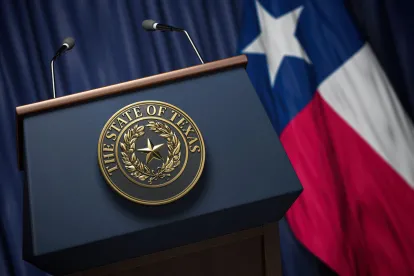On August 24, 2023, the U.S. District Court for the Eastern District of Texas issued an opinion and order in Texas Medical Association, et al. v. United States Department of Health and Human Services(“HHS”)(“TMA III”). TMA III challenged certain portions of the July 2021 No Surprises Act (“NSA”) interim final rules proposed by the U.S. Departments of Health and Human Services, Labor, and Treasury, along with the Office of Personnel Management (the “Departments”). In a decision that significantly levels the field for providers, the District Court ruled in part for the provider plaintiffs and in part for the Government in the TMA III ruling.
The Court agreed with the provider plaintiffs that certain regulations governing the calculation of the Qualifying Payment Amount (“QPA”) conflict with the Independent Dispute Resolution (“IDR”) process in the underlying NSA legislation, and therefore must be revisited.
The Centers for Medicare & Medicaid Services (“CMS”) responded to the ruling by temporarily suspending all Federal (i.e., IDR) process operations until the Departments can provide additional instructions, but has encouraged parties to continue to engage in open negotiations. The TMA III decision does not directly impact state surprise billing dispute resolution processes.
This is not the first NSA challenge by these provider plaintiffs, nor their first win. Prior challenges required the Departments to make various changes to the IDR process, with additional changes pending due to a recent prior decision from the same Texas Court addressing claims batching rules and the fee charged for pursuing an IDR process. As has been held in previous NSA decisions by this Court, prioritizing the QPA favors insurers at the expense of providers because QPA is typically the median rate an insurer would have paid for the service if provided by an in-network provider or facility. Requiring changes to regulations for calculating the QPA likely makes this TMA III decision the most significant yet in terms of rebalancing the IDR process between payors and providers / facilities. We anticipate that resulting administrative actions could have far reaching effects on both how the IDR process will go forward and how the NSA is being implemented more broadly.
Of note, the Court did leave in place a challenged regulation regarding the calculation of QPA for air ambulance services based on census divisions in instances of insufficient information. Earlier this month, the U.S. District Court for the District of Columbia sided with the Departments and upheld the method the Government uses to calculate QPA for air ambulance services, in the case of Association of Air Medical Services v. HHS.
As we track the Departments’ responses to these two key decisions, we will provide a more in-depth analysis of the Courts’ holdings, the likely impact on general NSA implementation, and, more specifically, how the IDR process will likely change going forward.





 />i
/>i
